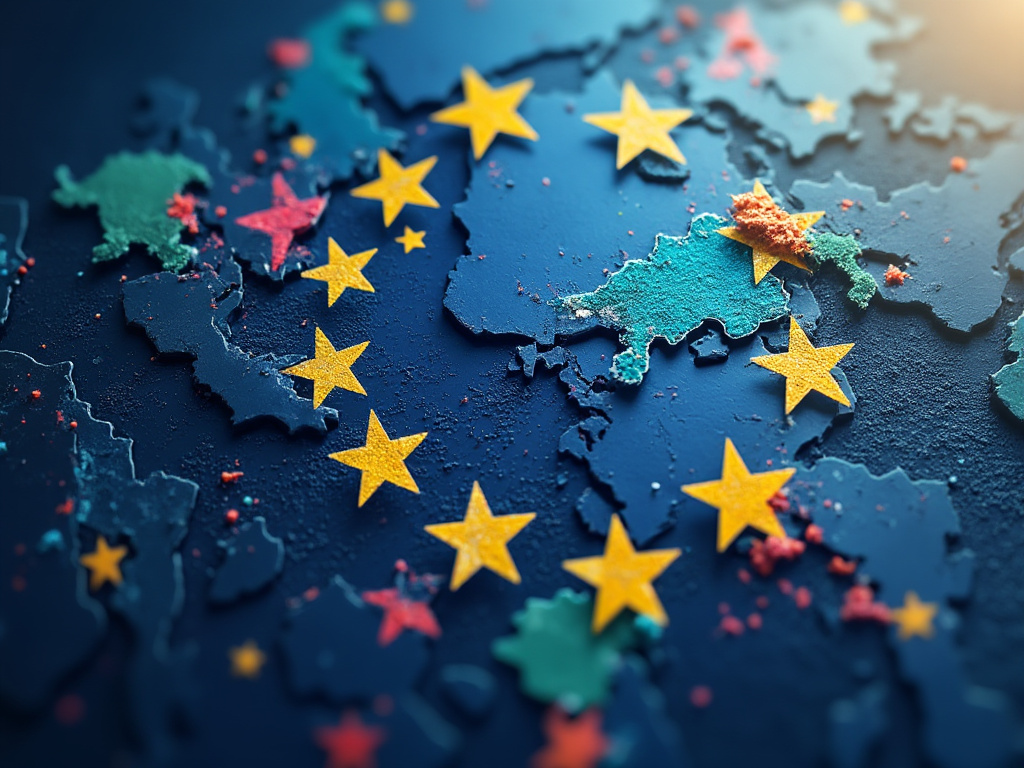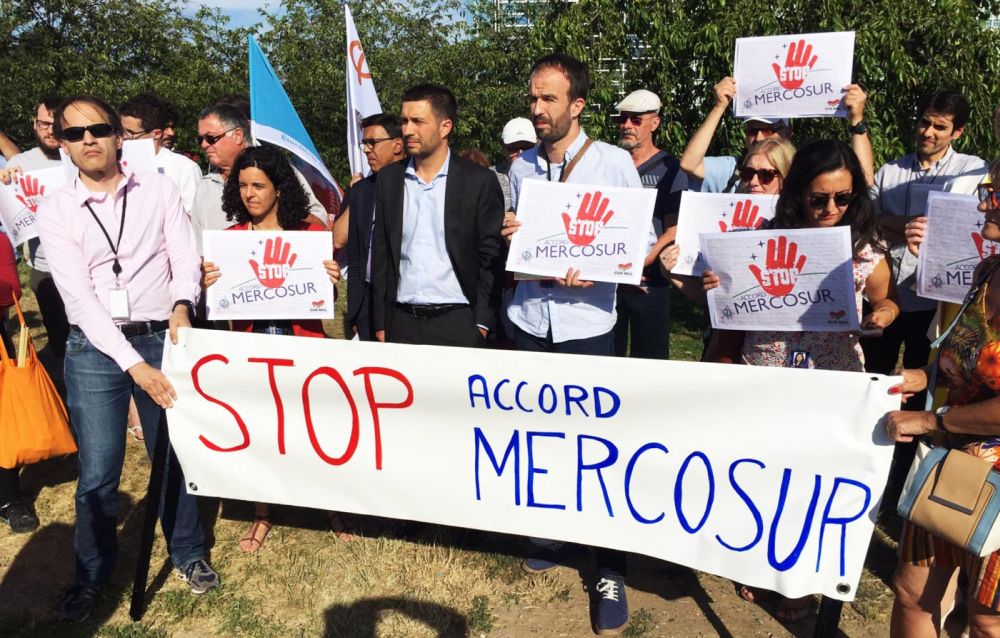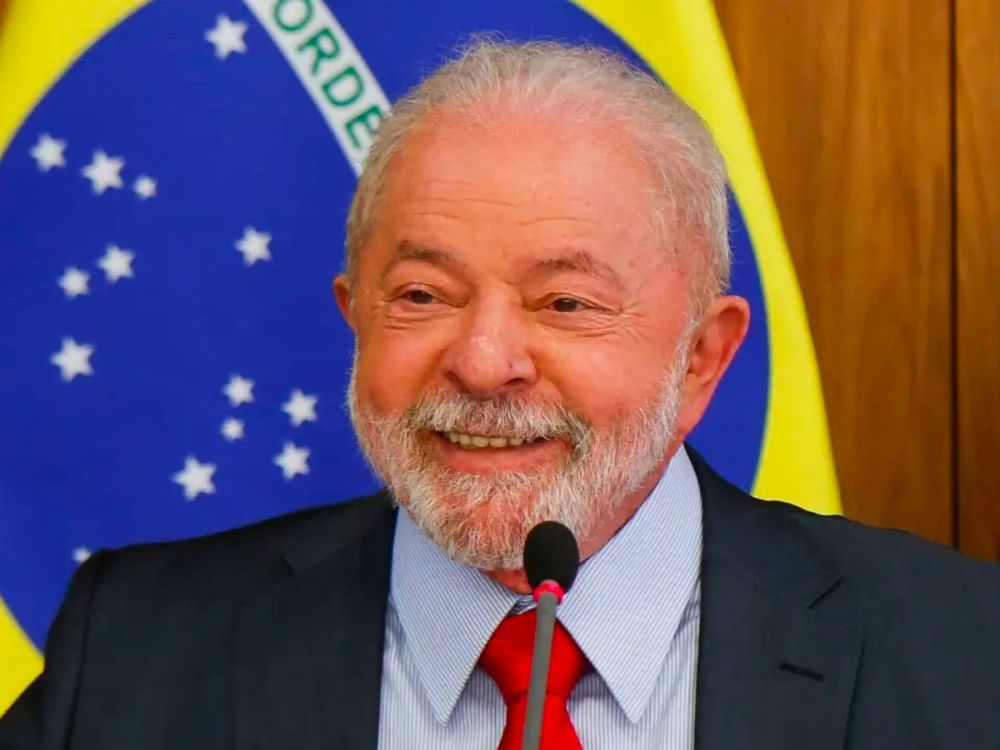After 25 years of negotiations, the European Union and the Mercosur bloc have finally sealed a landmark trade deal on December 6, 2024. This agreement aims to forge one of the world’s largest free trade areas, encompassing over 700 million consumers and representing nearly a quarter of global GDP. The deal promises to eliminate tariffs on over 90% of the bilateral trade, potentially saving EU firms €4 billion annually in export duties. It’s particularly beneficial for sectors like automotive, machinery, and chemicals from Europe, while Mercosur countries gain better access to the European market for their agricultural products.

The strategic significance of this deal extends beyond mere economics. For the EU, it’s a chance to diversify trade routes, reducing reliance on traditional partners like the US and China. It also positions Europe to secure supplies of critical raw materials from South America, such as lithium, essential for green technologies. However, the agreement has not been without controversy. Concerns from European farmers, especially in France, about competing with cheaper South American imports have been significant. Yet, environmental and social commitments are integral to the deal, including adherence to high labor standards, compliance with the Paris Climate Agreement, and efforts to curb deforestation, backed by EU’s €1.8 billion from the Global Gateway initiative.

The political landscape was crucial in pushing this agreement forward. With the backing of key leaders like Brazilian President Lula da Silva and European Commission President Ursula von der Leyen, the deal overcame resistance from protectionist sentiments and environmental concerns. The agreement’s implementation, however, hinges on further legal processes and ratification by the European Parliament and each Mercosur country, which could face obstacles from domestic agricultural lobbies.

This trade deal marks a pivotal moment in global trade amidst rising protectionism, aiming to not only boost economic ties but also to promote sustainable and ethical trade practices between continents. The journey to this point has been long, but the potential for mutual growth and cooperation is vast, setting a precedent for how international trade agreements can evolve to meet modern challenges.

#EUMercosurDeal #TradeAgreement #GlobalTrade #Sustainability #EconomicPartnership #EUTrade #Mercosur #FreeTrade #Environment #Agriculture
